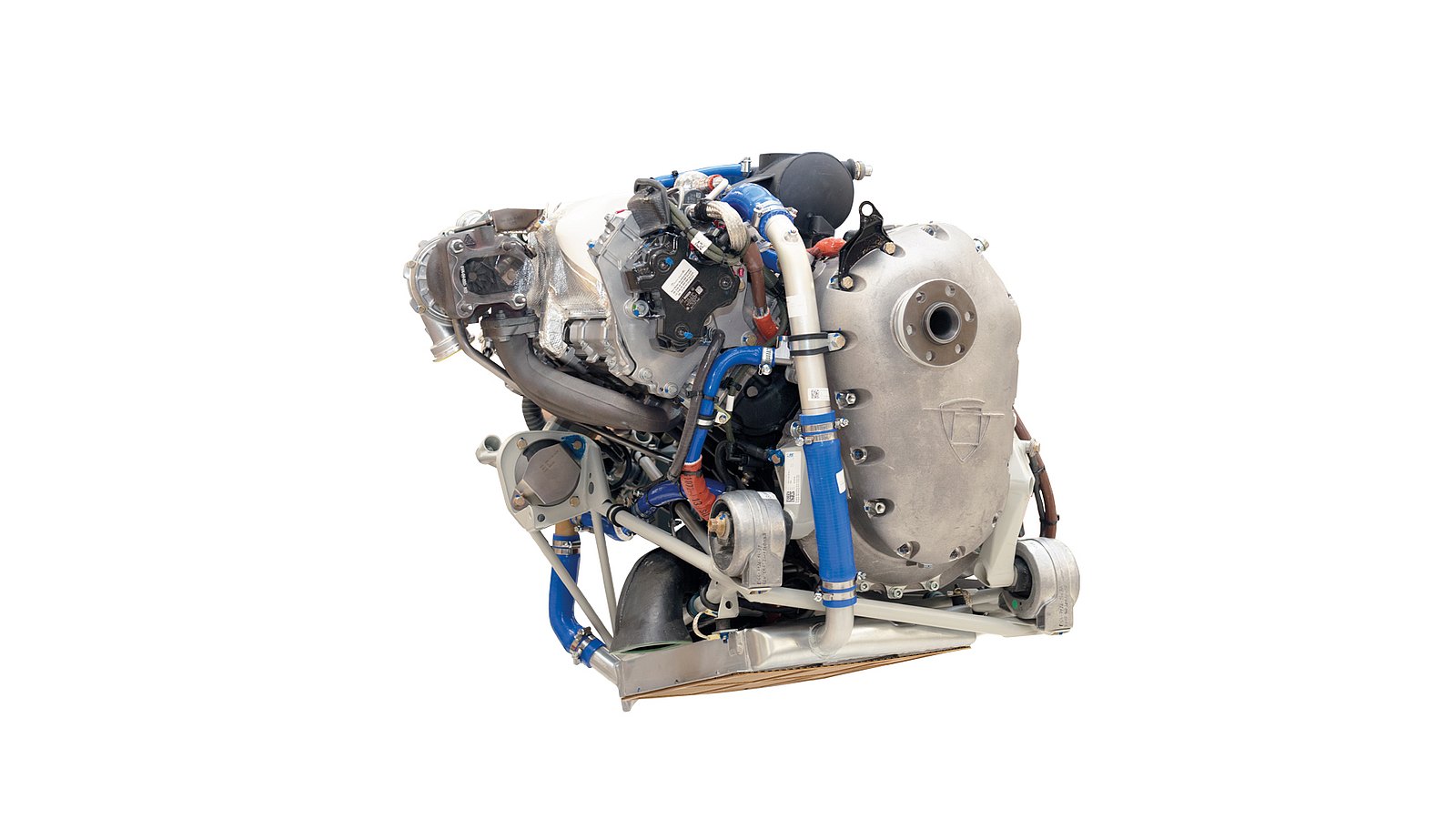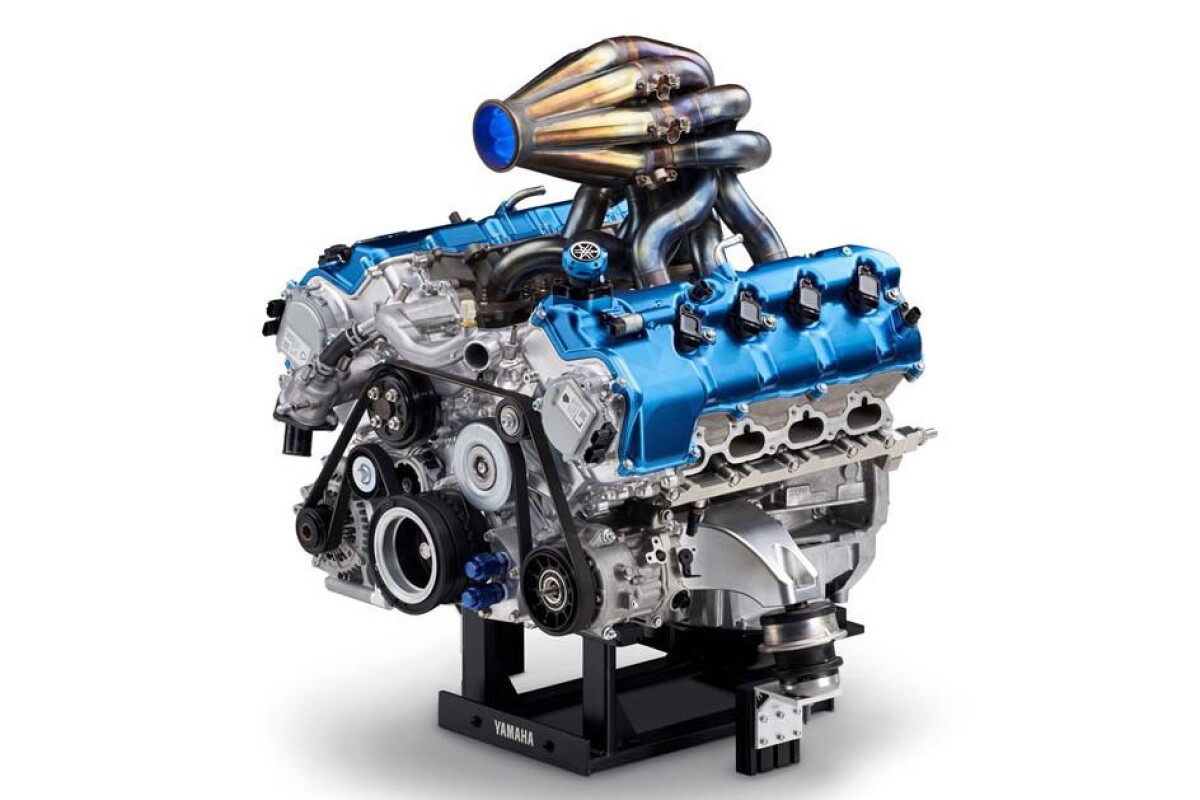Optimize Your Financial Investment with Engines For Africa's Variety
Optimize Your Financial Investment with Engines For Africa's Variety
Blog Article
A Complete Overview to Choosing the Right Engine for Your Project
Selecting the proper engine for your project is a vital decision that can dramatically impact its general success. Each of these aspects plays a crucial duty in guaranteeing that your selected engine not just fulfills prompt objectives yet also aligns with long-lasting ambitions.
Specify Your Project Needs
Defining your project needs is a crucial action in picking the suitable engine for successful implementation. A detailed understanding of your job's purposes will assist you in determining the capabilities and features called for from an engine. Begin by describing the scope of your project, including the desired performance, target market, and the certain results you aim to accomplish.
Following, consider the technical demands that align with your task objectives. This consists of examining the compatibility of the engine with existing systems, in addition to the programming languages and frameworks that will certainly be utilized. Furthermore, assess the degree of scalability called for to accommodate future development or changes sought after.
Budget restrictions additionally play a vital role in defining your project needs. Develop a clear economic structure to guide your decision-making procedure, ensuring that the engine picked fits within your spending plan while offering the needed performance.
Evaluate Performance Needs

Engines that sustain straight scaling are usually more suitable for bigger applications. Additionally, review the engine's efficiency under different problems, such as peak usage situations, to guarantee it meets your reliability requirements.
Think About Ease of Use
While technological requirements are vital, the convenience of usage of an engine can significantly affect the growth procedure and total task success. An intuitive interface, clear paperwork, and streamlined process can substantially reduce the knowing curve for designers, enabling them to focus on creativity and problem-solving instead than grappling with complex tools.
When examining an engine's ease of use, consider the onboarding experience. A well-structured intro, complete with tutorials and sample jobs, can assist in a smoother shift for new individuals. Furthermore, the clearness and comprehensiveness of the engine's documentation play an essential duty; thorough overviews and API recommendations can encourage programmers to troubleshoot and carry out functions effectively.
One more facet to think about is the engine's personalization capacities. An engine that permits simple modifications can be extra straightforward, as programmers can tailor it to fit their details demands without considerable hassle. Analyze the process assimilation with systems and devices you already make use of. A cohesive ecological community can improve productivity and minimize rubbing during the development process. Inevitably, selecting an engine that prioritizes simplicity of usage can lead to an extra pleasurable and effective development experience.
Assess Neighborhood and Assistance
The toughness of an engine's neighborhood and assistance network can significantly influence a developer's experience and success. When analyzing an engine, take into consideration the dimension and activity level of its community.
Moreover, review the schedule of main support channels. Dependable documentation, receptive client support, and regular updates are essential for resolving technical problems and maintaining your job on track. Engines For Africa. Active areas likewise cultivate collaboration, giving chances for networking and feedback, which can be invaluable, specifically for independent programmers or small groups
In addition, examine the existence of community-run occasions, such as hackathons or meetups. These celebrations can enrich your understanding important link of the engine while attaching you with knowledgeable users and possible collaborators. In recap, a robust community and support group not only streamline advancement yet also produce a setting for finding out and advancement, inevitably boosting the likelihood of your job's success.
Compare Price and Licensing Alternatives
Spending plan considerations play a critical duty in choosing the right engine for your project, as the cost and licensing choices can significantly impact both short-term costs and lasting practicality. Engines For Africa. Different engines use differing pricing structures, which can include one-time purchase fees, membership versions, or revenue-sharing arrangements based upon your task's revenues

Accrediting alternatives additionally differ significantly. Some engines are open-source, supplying versatility and community-driven support, while others might need exclusive licenses that limit usage and circulation. Comprehending the implications of each licensing model is essential, as it affects possession legal rights, future scalability, and potential lawful obligations.
Conclusion
In verdict, choosing the proper engine for a project requires a complete analysis of specified job demands, efficiency demands, convenience of usage, neighborhood assistance, and expense factors to consider. By methodically attending to these crucial variables, decision-makers can make sure alignment with both future and existing project needs. A well-informed option inevitably improves the chance of project success, allowing reliable resource allotment and optimizing possible outcomes within the defined financial constraints.
Picking the appropriate engine for your job is a critical decision that can dramatically influence its overall success.Defining your project directory needs is a vital action in picking the suitable engine for successful application. An extensive understanding of your task's objectives will guide you in determining the features and capacities called for from an engine.As soon as you have a clear understanding of your job requires, the following step is to assess the performance needs of the engine.In verdict, picking the appropriate engine for a project necessitates a complete evaluation of defined task demands, performance demands, simplicity of usage, area support, and expense considerations.
Report this page